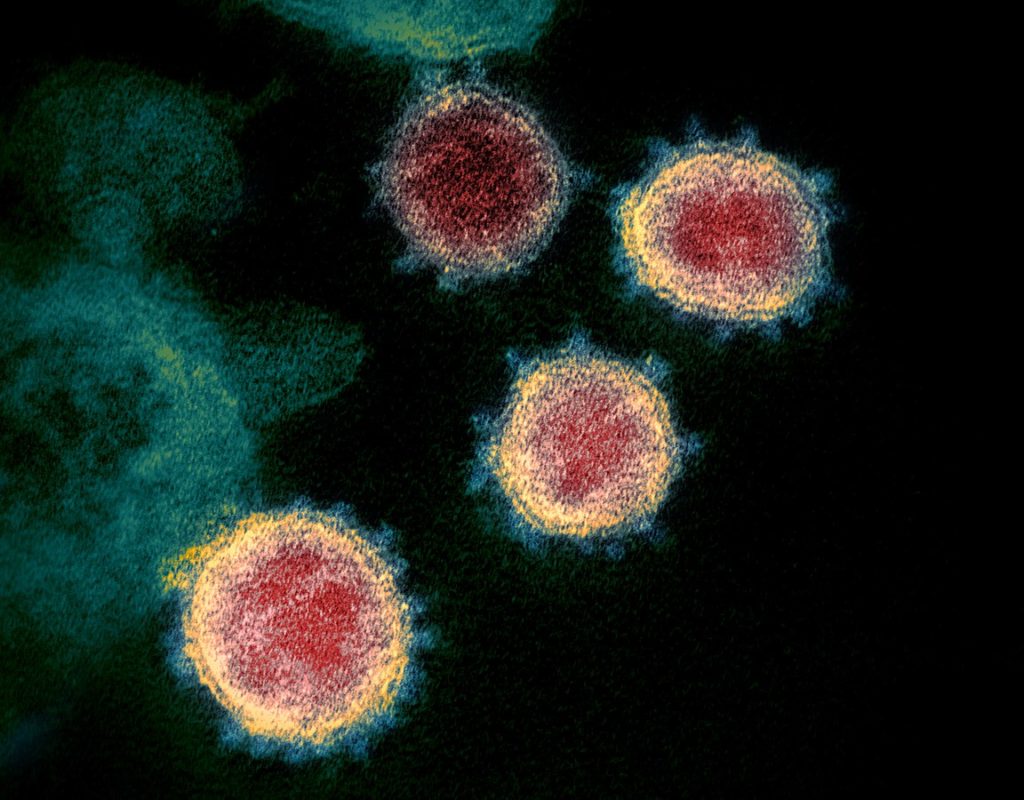The COVID-19 outbreak has impacted almost every single person on the planet in some way. Being well informed on this topic is vitally important; the truth has arguably never been more important, and perhaps less distinguishable, than the misinformation one can be exposed to.
Coronavirus disease 2019 (COVID-19) is an infectious disease that is caused by severe acute respiratory syndrome coronavirus 2 (SARS-CoV-2). The word “coronavirus” refers to a number of viruses that can lead to disease in those infected. Most commonly, humans infected with coronavirus will develop a respiratory tract infection that can produce symptoms as mild as the common cold.
However, three coronavirus outbreaks so far in the 21st century have killed many people due to complications arising from severe symptoms. From 2002 to 2004, severe acute respiratory syndrome (SARS) killed at least 774 people and infected at least 8,096 with a 9.5 percent death rate. It is believed SARS spread from bats and/or palm civets to humans.
Since 2012, Middle East respiratory syndrome (MERS) has killed a total of 866 people, with 2,519 cases and a fatality rate of 34.3 percent. Its exact origins are unclear. The common spread of MERS between humans and camels has been documented; for this reason, it is often called the “camel flu.”
The COVID-19 outbreak began in December 2019 in Wuhan, Hubei, China, though an infected man may have contracted the disease as early as November 17. Many of the earliest cases were traced back to the Huanan Seafood Wholesale Market of Wuhan. This particular strain of coronavirus is closely related to coronaviruses found in bats and pangolins. Respiratory droplets are produced when people cough, sneeze or talk, which can infect others. Surfaces can also become contaminated. Currently, COVID-19 has killed nearly 65,000 people worldwide, with 1.2 million infections and a fatality rate of 5.4 percent. As with previous coronaviruses, those with preexisting medical conditions are most at risk, though it should be noted that a number of people without such conditions, many of them young, have died from COVID-19.
There has been what the World Health Organization (WHO) calls an “infodemic” regarding COVID-19. Conspiracy theories and misinformation has spread online, mostly throughout social media. The most reliable sources of information regarding COVID-19 are the Centers for Disease Control and Prevention (CDC) and WHO. Legitimate news outlets are also trustworthy sources for information, though occasionally, misinformation can get through. For instance, two articles from The Washington Times claimed COVID-19 was the result of a biological weapons program in China. BBC News also reported this, citing the articles. The Washington Post later debunked the reports.
This theory that COVID-19 was developed in a lab is a popular one. There is no evidence to prove it was, only total speculation that actually contradicts known facts. Many have pointed to the arrest of American chemist Charles M. Leiber, who was charged with lying to authorities. Despite evidence to the contrary, he had denied involvement in China’s Thousand Talents Plan, a program in which China pays foreigners for access to their research. The United States considers this a national security threat, and so several others involved were also arrested.
The United States claims Russia has been spreading misinformation about COVID-19 as well, alleging the Kremlin has spread a conspiracy that the CIA developed the disease in an effort to hurt China’s economy. Russia denies doing so, and ProPublica found that even China’s state-owned media outlet, China News Service, has propagated debunked claims and misinformation regarding the disease.
President Donald Trump has also made a number of inaccurate statements that the National Institute of Allergy and Infectious Diseases Director Anthony Fauci has then corrected as the head of the White House Coronavirus Task Force. President Trump has suggested COVID-19 will die out with the emergence of warmer weather in the spring. Experts say there is no evidence to prove this will happen, as the virus is unpredictable and there is still much to learn about how it behaves and reacts in different environments.
There is no known definitive cure or vaccine for COVID-19. There are some vaccines for other coronavirus strains for animals, which some social media posts inaccurately suggest are proof of a government conspiracy to hide a cure from the public. Some have also alleged that home remedies can cure COVID-19, or drugs like antibiotics or hydroxychloroquine. Though certain trials are underway, as of April 2020, there is no solid evidence to support these claims. That being said, medical experts agree that the best way to prevent COVID-19 is to not touch your face, wash your hands regularly for at least 20 seconds, and stay at least six feet away from other people, especially when in public.
You can stay up to date on COVID-19 by visiting the websites of the World Health Organization and the Centers for Disease Control and Prevention.
Headline photo: A microscope image of SARS-CoV-2. Photo from NIAID.

